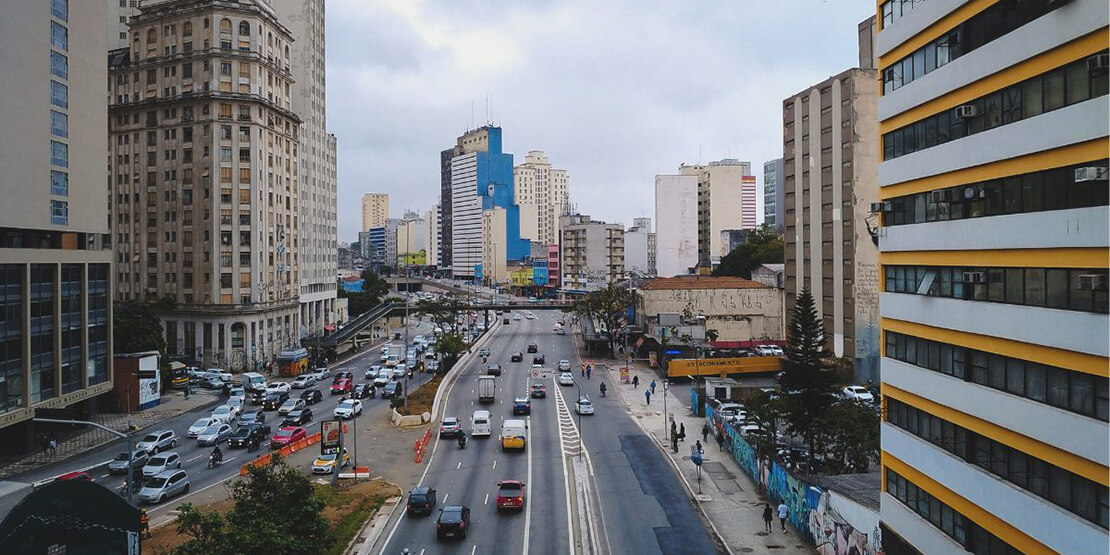As I enter a new phase of my career, I want to share a few perspectives that I learned from my time working with PHMSA’s Approvals and Permits Division.
Firstly, the people of the Approvals and Permits Division and across PHMSA are smart, hard-working, mission-driven people that are truly dedicated to safety. As a Federal employee, it was refreshing to be able to act freely in support of safety, without the influence of shareholders or profitability. I will admit that the dedication to safety does create a very conservative decision-making environment. Hence, I have consistently told people that industry must pull government regulators into the future.
In my experience, PHMSAns are always in search of a better way to do their work, specifically the administrative and technical work involved in regulating and ensuring compliance. Which is why it is up to industry to work with PHMSA and other regulators on product and logistics innovations. This is exactly the purpose of the provision for special permits (SP) in the US Code and HMR, enabling innovations to be brought to market, safely.
There is an economic paradox involving special permits that I always found interesting. It was always our assertion, that special permits would not be issued based upon economic justifications. Special permits always had to be evaluated on either an equivalency to the HMR or on a judgement of public interest. However, almost every SP that I was involved with was driven by market forces: new products, new packaging, new testing procedures or better ways of doing business. Therein lies the paradox, economic forces drive the innovations that require the SP, but economic justifications won’t get you the SP. You must be able to tell the safety story behind the request and, if it is precedent setting, it may take some time to convince the conservative-minded experts of the safety equivalency.
All that being said, it is a good idea to include economic justification along with the necessary safety equivalency justification. Economic justification provides context to the story of why the SP is being requested. Also, if your SP is approved, the economic information will help the Standards and Rulemaking Division justify incorporating the SP into the regs. Here’s another twist in the paradox, economic justification DOES matter in the world of rulemakings, where cost/benefit analyses are important to successful regulatory efforts.
In my new role I look forward to working with current and future HSC clients to develop a strong safety culture and hazmat compliance program, inclusive of submission of complete and well justified SP and approval applications. I am looking forward to working with you and hope you will come back to our web page to follow future blogs as we support clients to enhance safety, compliance and improve their bottom line.
Keep checking back, I’ll have more reflections coming soon.
Ryan F Paquet, PG
